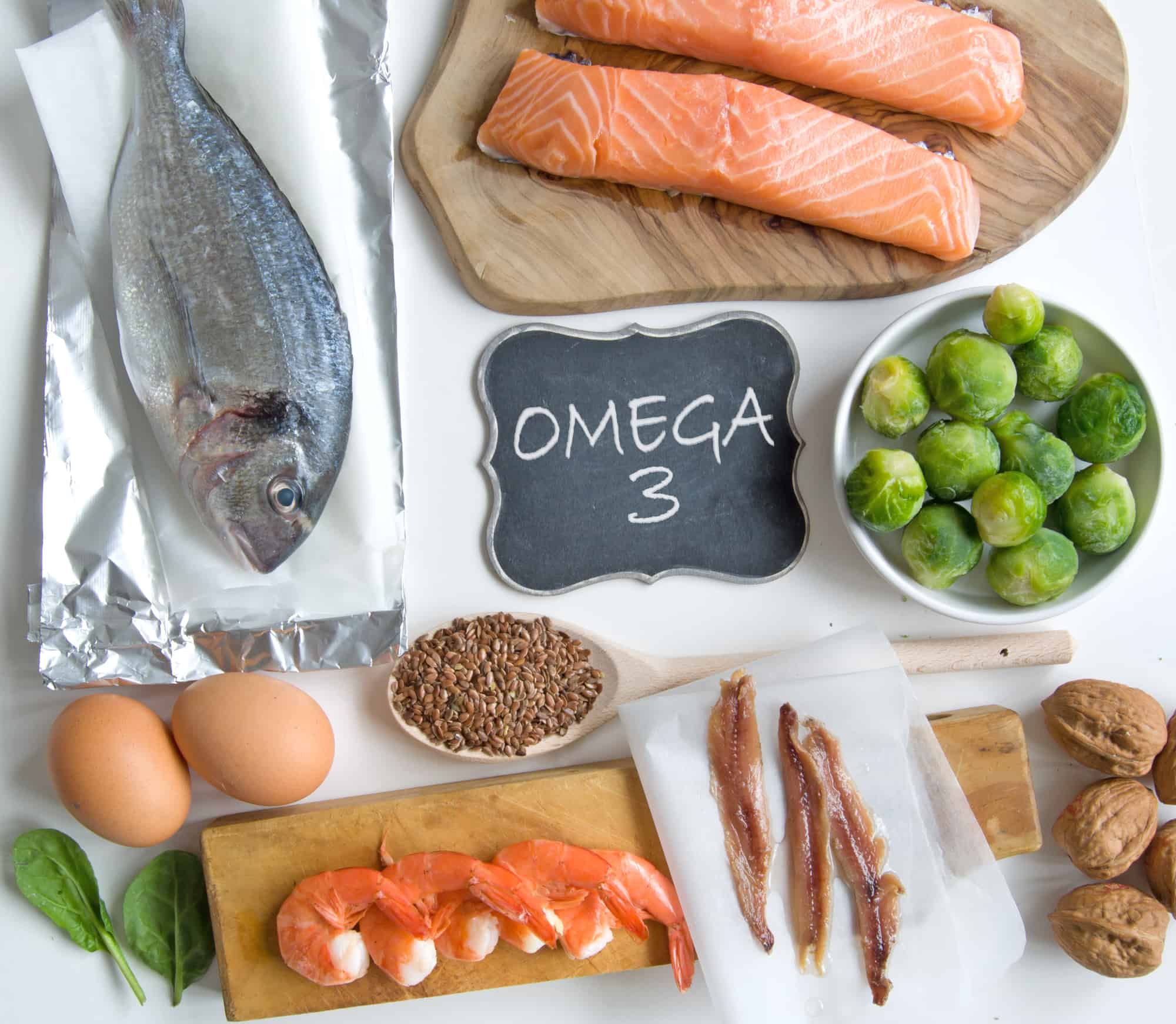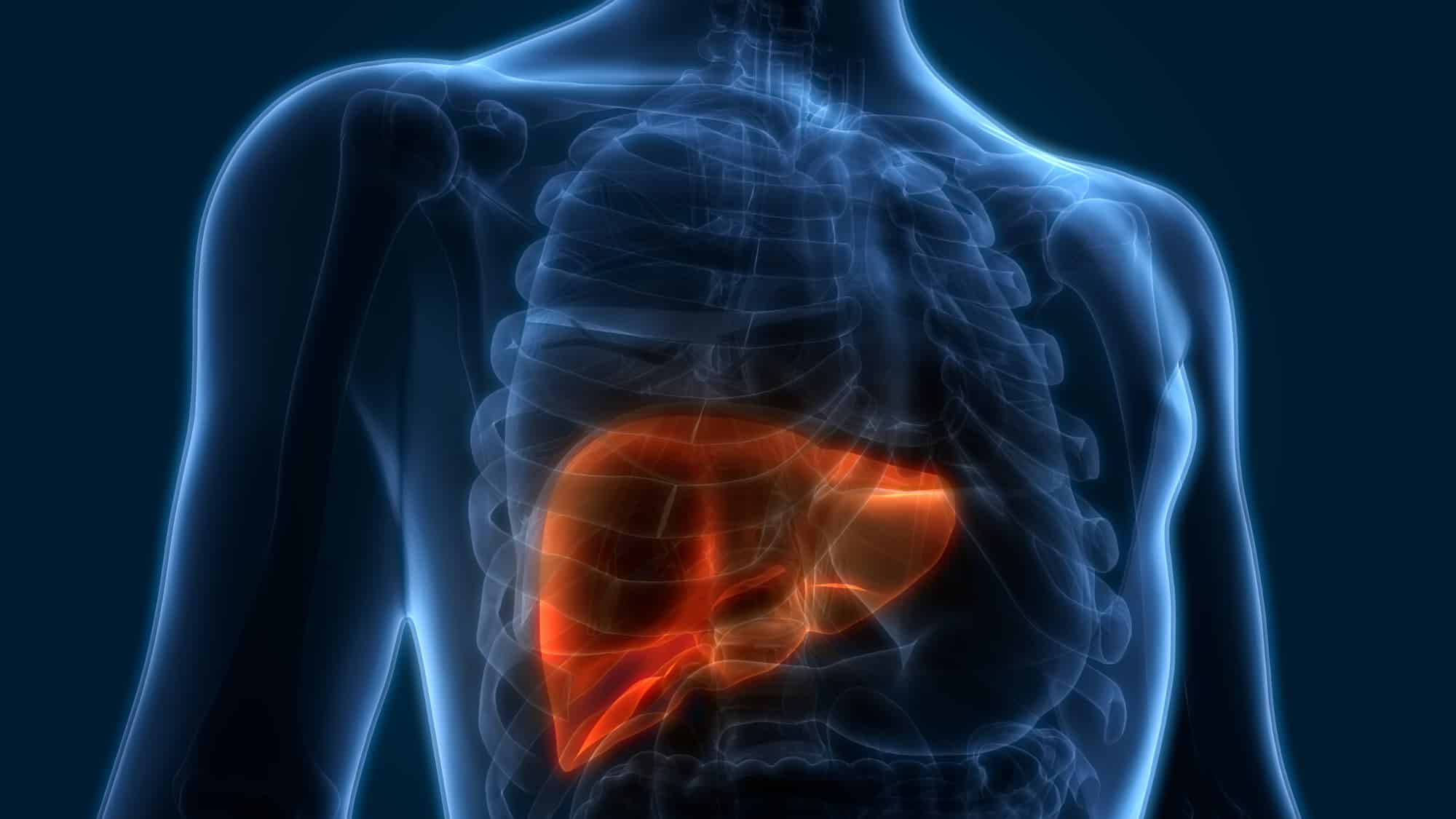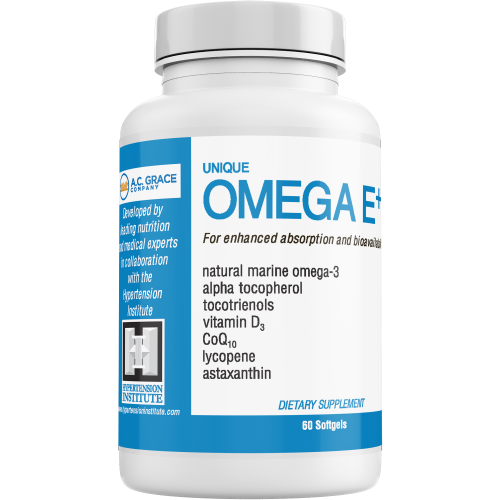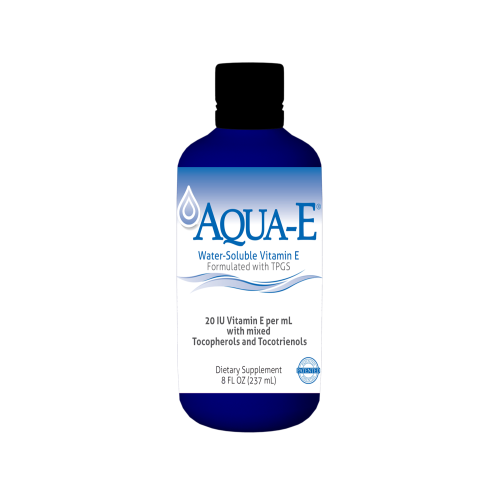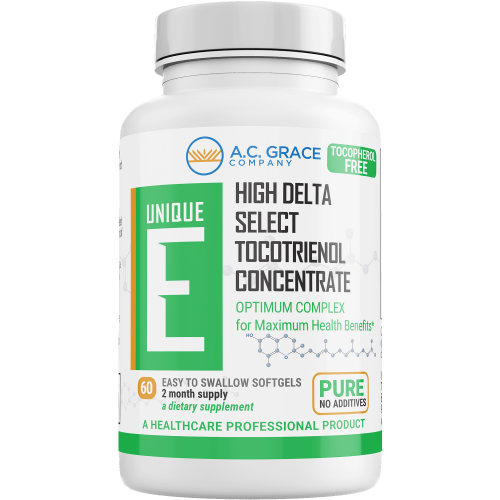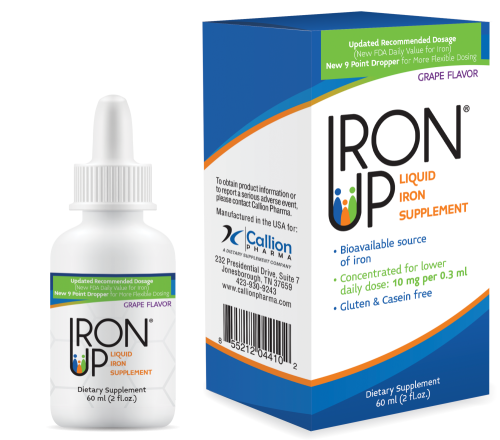
While Vitamin E may not get the attention and praise of other nutrients like Vitamins C and D, or even calcium, it’s an essential vitamin that actively protects your cells from damage. As a powerful antioxidant, it seeks out roaming free radicals, which are unstable particles that cause oxidative stress. This cellular damage can affect cells throughout the body, leading to everything from skin imperfections to the development of cancers.
Below are just five of the main reasons why Vitamin E is crucially important in supporting your overall health. Here’s a look at the role this antioxidant plays in keeping your physiology humming along on a daily basis.
1. Vision
Vitamin E plays a major role in the health of your eyes – it’s one of the lesser-known but very important benefits of the vitamin. Vitamin E is believed to lower the risk of macular degeneration and cataracts, which are two of the most common age-related vision problems that can develop as eye tissue breaks down over time.
Since Vitamin E is an antioxidant that fights free radicals, it protects eye cells from damage that breaks down healthy eye tissue. While other vitamins like A and C also contribute to the health of your eyes, Vitamin E also plays a starring role. It deserves a spot among other essential vitamins that work together to improve vision health.
2. Reproduction
The reproductive health of both men and women can benefit from Vitamin E. As a powerful antioxidant, studies show that it’s extremely effective for removing oxidative stress in the male reproductive system. In women, healthy levels of Vitamin E can increase cervical mucus, allowing sperm to stay alive longer.
In short, there is support for the belief that a Vitamin E supplement can increase a couple’s chances of conception, but research is ongoing. Studies show that Vitamin E deficiency interferes with healthy reproductive function, so it’s important to make sure you’re receiving your recommended daily intake each day.
3. Brain health
While many people rely on a nootropic stack to enhance cognitive function as they age, Vitamin E is, in fact, the only supplement that’s been shown to benefit brain health. Acting as an antioxidant, it reduces oxidative stress on the brain. Studies have shown that high-dose Vitamin E may help reduce symptoms for people with mild to moderate Alzheimer’s dementia, although it does not prevent the onset of the disease.
4. Skin health
Your skin is also majorly affected by the oxidative damage from free radicals. Vitamin E may be helpful for addressing a range of skin disorders like acne and eczema. Whether you consume Vitamin E through foods or supplements or as a topical treatment like a cream or oil, the vitamin fights off free radicals on the skin that are caused by environmental stressors like the sun or air pollution.
In addition to protecting the skin from free radical damage, Vitamin E moisturizes and heals by both soothing and strengthening the skin barrier and providing necessary hydration to keep skin looking young and healthy. Whether you want to prevent fine lines, wrinkles, dark spots, a dull skin tone or loss of elasticity, it could be beneficial to add more Vitamin E-rich foods to your diet, take a supplement and use skincare products that feature the nutrient.
5. Cardiovascular health
Studies show that regular consumption of foods rich in Vitamin E is associated with reduced risk of coronary heart disease. Researchers are currently looking into the efficacy of Vitamin E as treatment for hardening of the arteries, high blood pressure and heart disease. Right now, lab tests of Vitamin E have shown its ability to reduce atherosclerotic plaque buildups in mice. If proven successful in humans, it could be a strong breakthrough in lowering the risk of coronary heart disease in middle-aged to older men and women.
Give your body the nutrition it needs
Now that you’ve learned more about the various potential health benefits of Vitamin E, how can you ensure you’re getting enough of it each day? Recommended daily Vitamin E intake for healthy adults is 15mg. Unfortunately, most people don’t eat enough Vitamin E-rich foods each day – like leafy greens; fish; nuts and pressed oils like hazelnut, sunflower or almond oil – to meet their daily requirements.
A Vitamin E supplement may be right for you if you can’t find a way to incorporate more of the foods listed above into your diet. It’s always best to consult your doctor to determine whether it’s a smart decision to take a daily Vitamin E supplement. If you get the green light, make sure to choose your supplement carefully, as not all forms of Vitamin E are created equal. Look for an all-natural option so that you can get the most benefits from this special nutrient.


